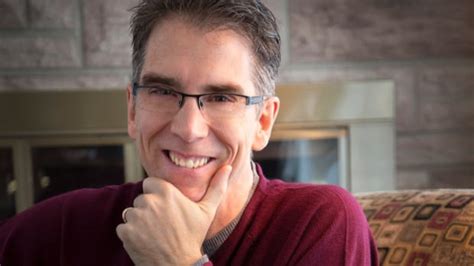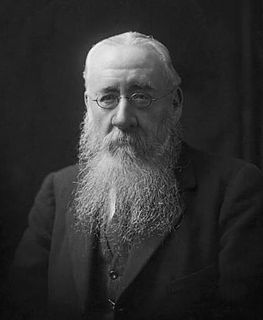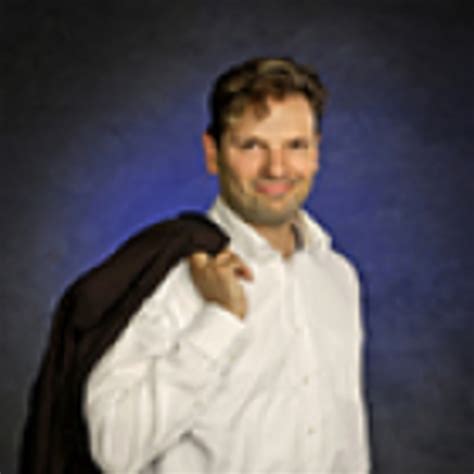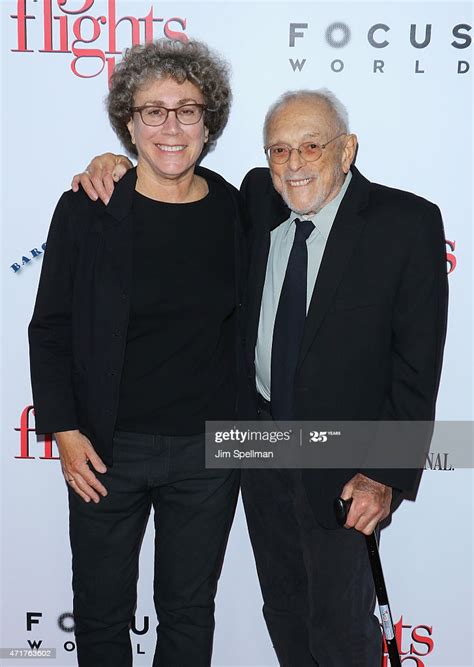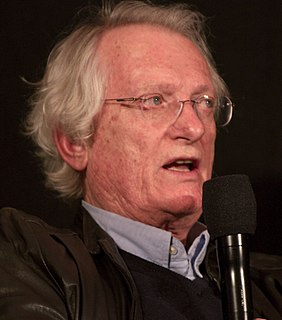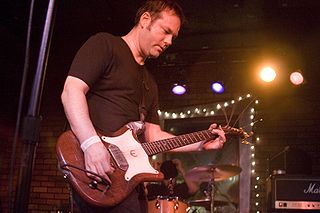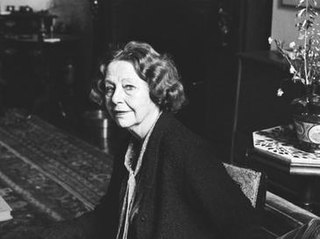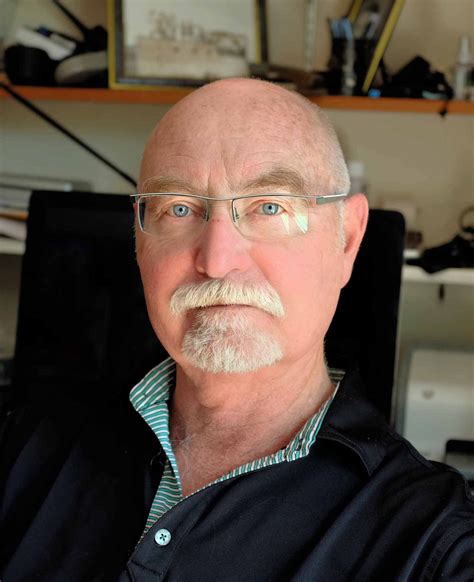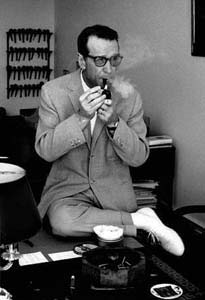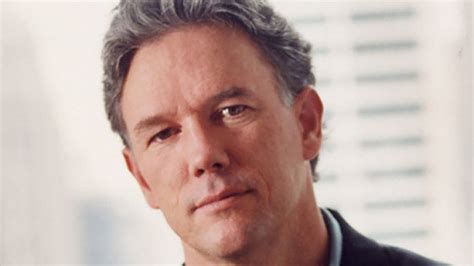Top 1200 Jane Austen Novel Quotes & Sayings - Page 6
Explore popular Jane Austen Novel quotes.
Last updated on December 18, 2024.
In the case of my second film The Fish Child (El Niño Pez), I had written the novel about 5 years before I made into a film. In the case of The German Doctor I had published the novel a year before I started writing the script, I even had another project to shoot. But I had this idea of the powerful cinematic language from the novel that I couldn't let go of.
A novel is what you dream in your night sleep. A novel is
not waking thoughts although it is written and thought
with waking thoughts. But really a novel goes as
dreams go in sleeping at night and some dreams are like
anything and some dreams are like something and some
dreams change and some dreams are quiet and some dreams
are not. And some dreams are just what any one would
do only a little different always just a little
different and that is what a novel is.
On May 7, a few weeks after the accident at Three-Mile Island, I was in Washington. I was there to refute some of that propaganda that Ralph Nader, Jane Fonda and their kind are spewing to the news media in their attempt to frighten people away from nuclear power. I am 71 years old, and I was working 20 hours a day. The strain was too much. The next day, I suffered a heart attack. You might say that I was the only one whose health was affected by that reactor near Harrisburg. No, that would be wrong. It was not the reactor. It was Jane Fonda. Reactors are not dangerous.
When you go through life ... it all seems accidental at the time it is happening. Then when you get on in your 60s or 70s and look back, your life looks like a well-planned novel with a coherent theme ... Incidents that seemed accidental, pure chance, turn out to be major elements in the structuring of this novel. Schopenhauer says, 'Who wrote this novel? You did.'
If I can give a young author any advice, whatsoever, never let anyone announce the film sale of your first novel. Film rights are sold to almost every novel, but it shouldn't be the lead story in your first engagement with the press. Then you end up getting reviews like "a novel made for the screen" and things like that.
One easy mistake to make with the first novel is to expand the short story. Some things are better as a story; you cannot dilute things into a novel. I think the first hundred pages of a novel are very important. That's where you set things up: the world, the characters. Once you've set that up, it'll be much easier.
Jane Gallagher had wanted to know what time it was, but for some reason Holden Caulfield hadn't wanted Stradlater to tell her. When Stradlater refused to tell Holden Caulfield whether or not he had told Jane Gallagher what time it was, Holden Caulfield became enraged and attacked him in a fit or horological savagery, possibly because he was mentally ill and hated anyone byt him knowing what time it was.
'I wish I had only offered you a sovereign instead of ten pounds. Give me back nine pounds, Jane; I’ve a use for it.' 'And so have I, sir,' I returned, putting my hands and my purse behind me. 'I could not spare the money on any account.' 'Little niggard!' said he, 'refusing me a pecuniary request! Give me five pounds, Jane.' 'Not five shillings, sir; nor five pence.' 'Just let me look at the cash.' 'No, sir; you are not to be trusted.'
The average detective story is probably no worse than the average novel, but you never see the average novel. It doesn't get published. The average -- or only slightly above average -- detective story does.... Whereas the good novel is not at all the same kind of book as the bad novel. It is about entirely different things. But the good detective story and the bad detective story are about exactly the same things, and they are about them in very much the same way.
